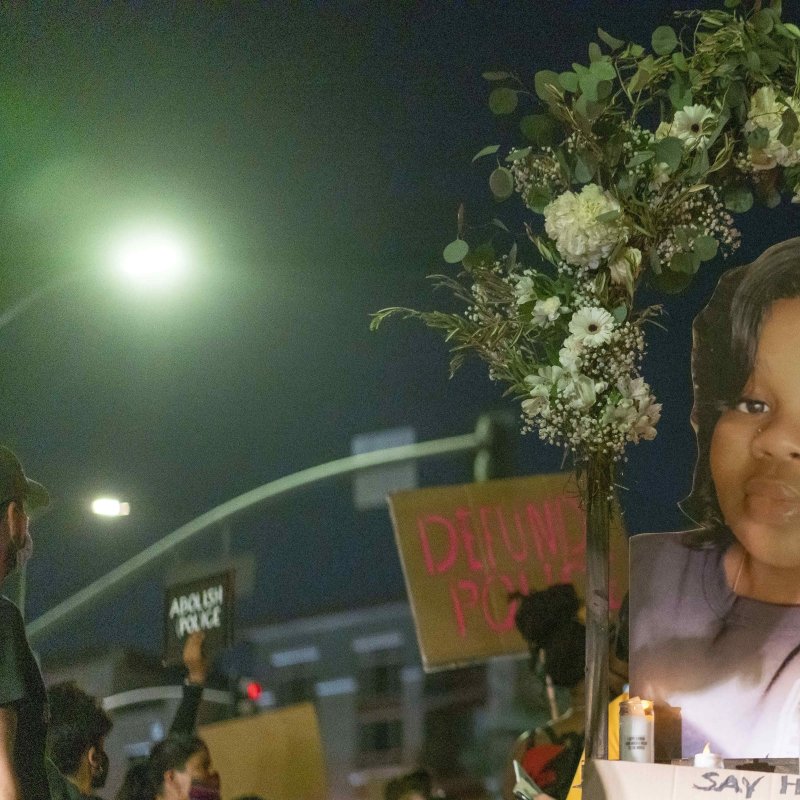
Louisville Mayor Greg Fischer on Tuesday declared racism a public health crisis in the city, citing the police killing of Breonna Taylor, impacts of COVID-19 and longstanding systemic issues such as economic inequality. File Photo by Kyle Grillot/EPA-EFE
Dec. 1 (UPI) -- Louisville, Ky., Mayor Greg Fischer signed an executive order Tuesday declaring racism a public health crisis.
In remarks on Tuesday, Fischer declared 2020 has been a year like no other" citing challenges facing the city such as COVID-19, economic downturn, increase in gun violence and protests calling for racial justice some sparked by the police killing of Breonna Taylor, which he said made the city "a focal point for America's reckoning on racial justice."
"For too many Lousivillians, racism is a fact of daily life, a fact that was created and documented in our country's laws and institutional policies like segregation, redlining and urban renewal," he said.
The executive order outlines seven key areas for the city's government to address racial equity challenges including public safety, children and families, Black employment, Black wealth, housing and neighborhood investment, health, and voting.
"These reforms will require a strong commitment and a lot of work," Fischer said. "But I believe it can be done -- in part because when I look around Lousiville and talk to people from every neighborhood and background, I sense a greater and broader understanding and desire to address racial equity than ever before."
More than 145 cities and counties throughout the United States have previously declared racism a public health issue, according to the American Public Health Association.
Multiple public health studies cited in a June article by Pew Research Center detailed the health effects of racism, including data showing that Black women are four times more likely to die of pregnancy-related complications than White women, Black men are twice as likely to be killed by police as White men and the average life expectancy for Black people in the United States is four years lower than the rest of the national population.
Fischer noted that in Louisville the Black poverty rate is nearly three times the White poverty rate, Black residents make up 22.4% of the population but own 2.4% of businesses, half as many Black residents own homes as White residents, Black graduates earn nearly $10,000 less than White graduates and life expectancy can vary by as much as 12 years between majority-Black and majority-White neighborhoods.
"All of these and a million other statistics and real-life experiences tell us that our systems are more than broken -- they must be dismantled and replaced," he said.
No comments:
Post a Comment